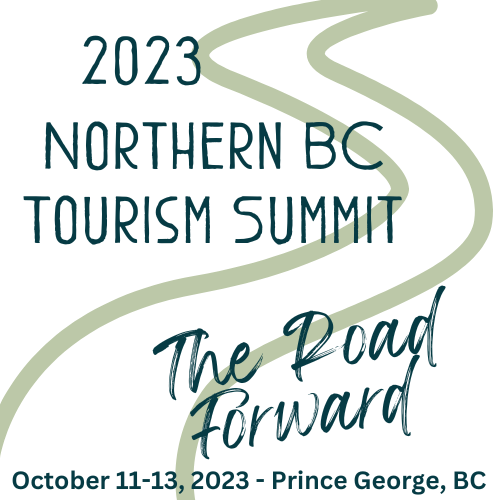Indigenous peoples’ representatives worked for more than two decades to achieve the United Nations Declaration on the Rights of Indigenous Peoples which was adopted by 144 countries, with 11 abstentions, and 4 countries voting against it. The four opposing states have since reversed their positions and endorsed the Declaration.
So, what does this mean for tourism? Article 11(1) of the UNDRIP states: “Indigenous peoples have the right to practise and revitalize their cultural traditions and customs. This includes the right to maintain, protect and develop the past, present and future manifestations of their cultures, such as archaeological and historical sites, artefacts, designs, ceremonies, technologies and visual and performing arts and literature.”
The potlatch was one of the most important ceremonies for First Nations in some parts of Canada, and was held to mark important occasions, as well as serving a crucial role in the distribution of wealth. The banning of this practice (Indian Act, 1876), has had devastating results. When the potlatch ban was lifted in 1951, many communities had lost the Elders who knew the protocols of the ceremonies. Even today we have communities like the Lheidli T’enneh in Prince George who are working to revitalize this important part of their history and at the end of November, will be holding their first potlatch in 73 years.
The history of Indigenous peoples in Canada is not a true version of the history that has taken place and many Canadians and International visitors, are eager to hear the voices of Indigenous people tell their story, their history. The rise in demand for cultural Indigenous experiences is providing the opportunity for Indigenous communities and individuals to share their culture, history and stories in an authentically, respectful manner.
The full pdf version of UNDRIP can be found here https://www.un.org/esa/socdev/unpfii/documents/DRIPS_en.pdf
Written by Lucy Martin, Indigenous Tourism Specialist
